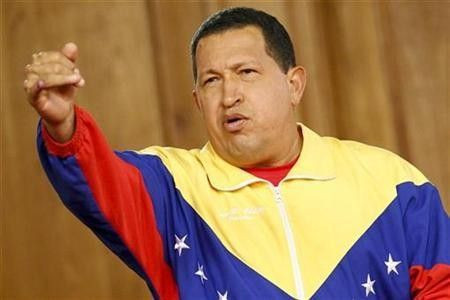Venezuela raises minimum wage by 25%

The president of Venezuela Huge Chavez has raised the minimum wage by 25 percent, effective in two stages beginning on May 1.
Initially, the minimum wage will jump by 15 percent, followed by a second 10 percent increase in September – at that time the average monthly salary of Venezuelan laborer will amount to 1,548 bolivars, or about $360.
A government official in Caracas said the new salary scheme will apply to approximately 1.4 million workers.
Here we are not cutting salaries nor pension nor delaying the pension age, nothing of that, Chavez said in a televised speech.
Since he took office in 1999, Chavez has sought to raise the minimum wage annually, usually with the May 1 observance of International Workers' day.
Chavez, who remains popular with many Venezuelan, will surely see his 2012 presidential re-election hopes boosted by the wage hikes. The Socialist government of Caracas also provides subsidized housing and foods to many of its constituents.
Chavez has also promised to use more of the state’s oil revenues to benefit special spending programs.
However, according to media reports, the rise in salaries slightly lags behind inflation in Venezuela, among the highest in the world (27.4 percent for the 12-month period ended in March), despite the benefits of higher global crude oil prices.
In fact, according to the Spanish news agency EFE, one Chavez’s key allies, the Venezuelan Communist Party (PCV), had requested at least a 40 percent wage hike.
© Copyright IBTimes 2025. All rights reserved.





















